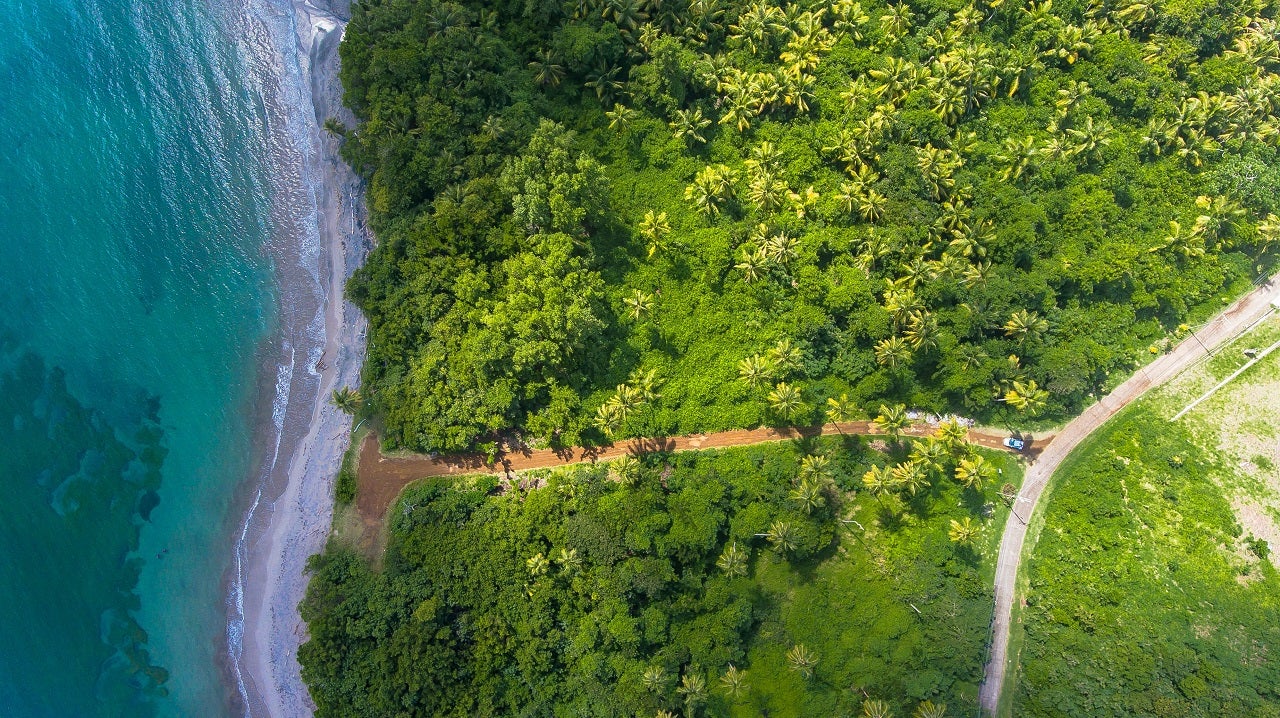
The ‘SDG Roadmap for the oil and gas sector’ was developed in response to the critical need for concerted action and coordinated solutions as the world approaches the 2030 deadline for the UN Sustainable Development Goals (SDGs), particularly after the Covid-19 pandemic negatively impacted existing progress.
IPIECA executive director Brian Sullivan said: “Achieving the SDGs by 2030 will require unprecedented collaboration. The Roadmap aligns the oil and gas industry around the SDGs, presenting a shared vision for transformational action and a platform to form cross-sector partnerships and alliances to achieve the SDGs.”
Building on IPIECA’s previous work in ‘Mapping the oil and gas industry to the Sustainable Development Goals: An Atlas’ and ‘the SDG Sector Roadmap Guidelines developed by WBCSD in 2018’, the new roadmap outlines over 90 actions aiming to boost the realisation of these goals.
WBCSD president and CEO Peter Bakker said: “We hope that this important roadmap can help establish a standard for global best practice with regard to how the oil and gas sector and its value chain can drive the transformations that are urgently needed to realise the ambitions of the SDGs on the road to 2030.”
While the oil and gas industry has the potential to contribute to all 17 SDGs, the roadmap highlights 10 SDGs where the industry can have the biggest impact, by driving innovations in its own operations and across the supply chain.
The priority SDGs include good health and wellbeing; clean water and sanitation; affordable and clean energy; decent work and economic growth; industry innovation and infrastructure; responsible consumption and production; climate action; life below water; life on land; peace, justice, and strong institutions.
For each opportunity, the roadmap outlines impact pathways, comprised of a series of short, medium, and long-term actions, which involve scaling up good practices on climate action, environmental responsibility, and social performance. The roadmap also identifies where to focus collaboration and provides a platform to form industry and cross-sector partnerships to further amplify SDG impact.
The launch of the roadmap forms part of IPIECA’s and its members’ ongoing strategic efforts to align the sector around the SDGs. IPIECA will embed the roadmap’s actions in its workstreams and lead cross-sector engagement to enable industry action, innovation, and partnerships across the next decade.
The roadmap also outlines eight impact opportunities that highlight where IPIECA and the sector can accelerate action and drive impact. These include: policy and partnerships; innovation; operations; resources management; biodiversity, land, and water stewardship; governance and transparency; communities; and a thriving workforce.
IPIECA members’ support for the roadmap
BP senior vice president for sustainability Ivanka Mamic said: “IPIECA-WBCSD’s SDG Roadmap for the oil and gas sector recognises the need for action on sustainability, the role for companies in contributing, and the importance of collaboration. BP also recognises this and is in action, including working towards delivering on our net-zero ambition and recently launching our new aims on improving people’s lives and caring for the planet.”
ExxonMobil vice president operations excellence, safety, security, health & environment Jerry Wascom said: “The United Nations has adopted the sustainable development goals to achieve significant progress on global economic, social, and environmental challenges by 2030.
“Although directed at governments, the private sector and civil society play an important role in support of governments’ national plans. ExxonMobil contributes to 17 SDGs and welcomes the guidance provided in the IPIECA-WBCSD SDG Roadmap for the oil and gas sector, as the industry’s energy and products are integral to sustainable development.”
Repsol CEO Josu Jon Imaz said: “We have supported the 2030 Agenda since its approval in 2015 and we are working to implement it in all our activities on our path to achieving net-zero emissions by 2050. Our commitment to the UN SDGs is an opportunity for promoting innovation and all available technologies as indispensable tools to respond to an energy transition that requires the collaboration of all stakeholders.
“Repsol’s support for these objectives is a clear example of our firm commitment to science and the progress of society. Now is the time to act, and IPIECA-WBCSD’s SDG Roadmap for the oil and gas sector offers important guidelines for reaching the targets.”
Shell projects and technology director, executive committee member Shell, Harry Brekelmans said: “Shell welcomes the UN SDGs and will play our part in helping governments and societies to achieve them. They were one of the considerations in the development of our Powering Progress strategy, which integrates sustainability with our business strategy.
“Achieving the SDGs will require unprecedented collaboration and collective action. Projects like the IPIECA-WBCSD SDG Roadmap for the oil and gas sector are a valuable contribution to help inspire the sector to accelerate progress.”
Total senior vice president civil and society engagement Manoelle Lepoutre said: “Our century’s main challenge is to bring more energy with less emissions. The IPIECA-WBCSD SDG Roadmap for the oil and gas sector will help the O&G sector identify the much-needed transformations that should be embraced to achieve a fair transition.
“At Total, we will seek to inspire our sustainability journey with the roadmap and go beyond, as we are transforming our business model into a broad energy company with a clear ambition to reach carbon neutrality by 2050 or sooner, together with society. We will do so in keeping the care for people and nature as strong focus areas for the company.”



